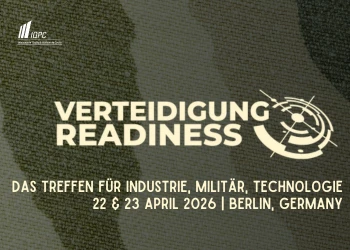Joint urban
SERE training capabilities will have a sizeable impact on the way forces operate in future conflicts - especially with regards to coalition missions like that currently being played out in Libya.
Talking to Defence IQ ahead of the Joint Personnel Recovery event in June, Major Bart Holewijn, Commander at the Royal Netherlands SERE School, said that standard joint capabilities as outlined in the latest NATO doctrine, released in January, will ensure standardised training methods that would not have been considered six months ago.
"In the past, if you were working in a coalition you would sit together and talk about what procedures you should follow. Of course everyone had their own national procedures and you had to try and find some common ground."
"The fact that training is now standardised will very much help in PR missions and future NATO operations as people now know that these are the methods that we need to adhere to. It makes procedure more easy to follow."
With defence budgets being cut, Major Holewijn believes that it makes sense for countries to set up joint training ventures such as that between the Dutch and Belgian training schools, which he currently heads.
"Combining schools into a multi-lateral or bi-lateral school system could make it much more efficient to train students and ultimately save money, which is a consequence of decreasing budgets. Working together will be the biggest trend over the next 12 months."
One significant syllabus change to come from this new agenda is an increased emphasis on training ‘high risk of capture’ forces for exploitation on TV which, according to Holewijn, is currently a more likely threat than interrogation.
[inlinead]





